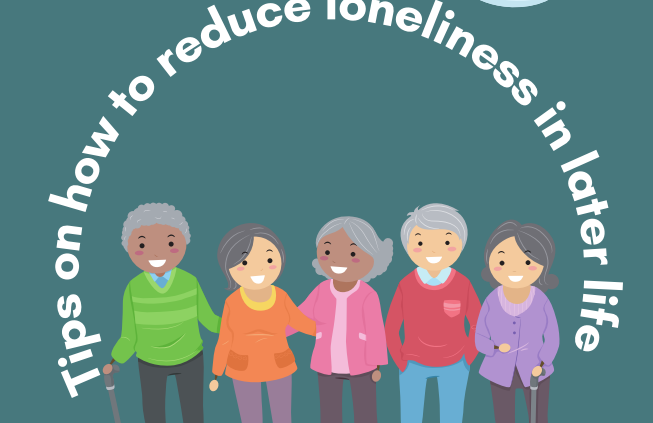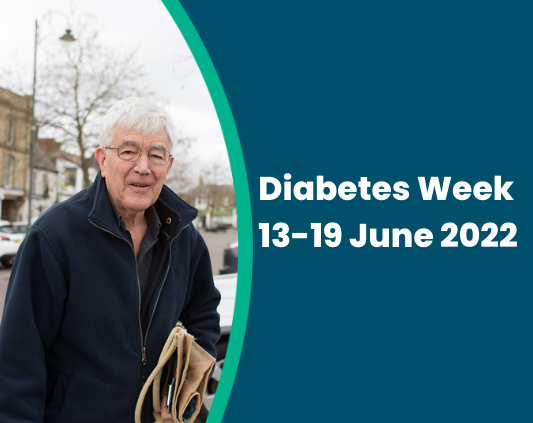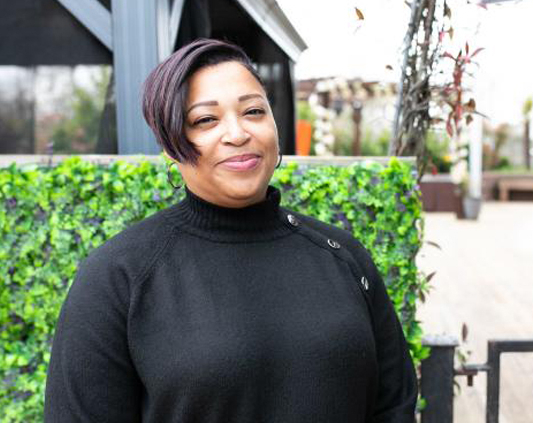Pharmacies open in Northumberland over the Jubilee Bank Holiday 2-3 June 2022
Over the long Jubilee weekend, some pharmacies will be closed. Below is a list of Northumberland pharmacies which are open over the Jubilee Bank Holiday. You are advised to telephone the pharmacy before attending to check the opening hours haven’t changed.
If you require advice out of hours, please contact: NHS 111.
ASHINGTON: Well Pharmacy, Nursery Park PCC, Nursery Park Road, Ashington NE63 0HP. Tel: 01670 854 002. Open: 10:00am-12:00pm on 2 June only, closed 3 June.
ASHINGTON: Central Pharmacy, Lintonville Medical Group, Lintonville Terrace, Ashington, Northumberland NE63 9UT. Tel: 01670 856 633. Open: 10:00am-12:00pm on 2 and 3 June.
ASHINGTON: Asda Pharmacy, Lintonville Terrace, Ashington, Northumberland NE63 9XG. Tel: 01670 528 610. Open: 10:00am-16:00pm on 2 and 3 June.
BEDLINGTON: Lloyds Pharmacy, The Library Site, Glebe Road, Bedlington NE22 6JX. Tel: 01670 822 282. Open: 11:00am-13:00pm on 2 June only, closed 3 June.
BERWICK-UPON-TWEED: Boots Pharmacy, 60-68 Marygate, Berwick-upon-Tweed, Northumberland TD15 1BN. Tel: 01289 306 036. Open: 11:00am-16:00pm on 2 and 3 June.
BLYTH: Asda Pharmacy, Cowpen Road, Blyth, Northumberland NE24 4LZ. Tel: 01670 542 710. Open: 10:00am-16:00pm on 2 and 3 June.
BLYTH: Blyth Healthcare Pharmacy, 30 Bowes Street, Blyth, Northumberland NE24 1BD. Tel: 01670 362 111. Open: 15:00pm-17:00pm on 2 June only, closed 3 June.
BLYTH: Boots Pharmacy, 60-62 Maddison Street, Blyth, Northumberland NE24 1EY. Tel: 01670 546 092. Open: 10:00am-16:00pm on 2 June only, closed 3 June.
CRAMLINGTON: Boots Pharmacy, 29-30 Manor Walks Shopping Centre, Cramlington NE23 6QE. Tel: 01670 736 399. Open: 10:00am-14:00pm on 2 and 3 June.
CRAMLINGTON: Lloyds Pharmacy, Sainsburys, Dudley Court, Manor Walks Shopping Centre, Cramlington NE23 6RT. Tel: 01670 712 547. Open: 10:00am-16:00pm on 2 and 3 June.
HAYDON BRIDGE: Haydon Bridge Pharmacy, Ground Floor, 5 Church Street, Haydon Bridge, Hexham NE47 6JG. Tel: 01434 684 354. Open: 19:00pm-21:00pm on 2 June only, closed 3 June.
HEXHAM: Boots Pharmacy, 7 Fore Street, Hexham, Northumberland NE46 1LU. Tel: 01434 602 024. Open: 11:00am-16:00pm on 2 and 3 June.
HEXHAM: Tesco Pharmacy, Tynedale Retail Park, Alemouth Road, Hexham, Northumberland NE46 3PJ. Tel: 0345 677 9873. Open: 09:00am-13:00pm on 2 and 3 June.
MORPETH: Morpeth Pharmacy (Wellway), The Surgery, Wellway, Morpeth, Northumberland NE61 1BJ. Tel: 01670 510 005. Open: 14:00pm-16:00pm on 2 June only, closed 3 June.
TWEEDMOUTH: Tesco Pharmacy, Tweedside Trading Estate, Ord Road, Berwick upon Tweed TD15 2XG. Tel: 0191 693 1575. Open: 09:00am-13:00pm on 2 and 3 June.
Download list of pharmacies











